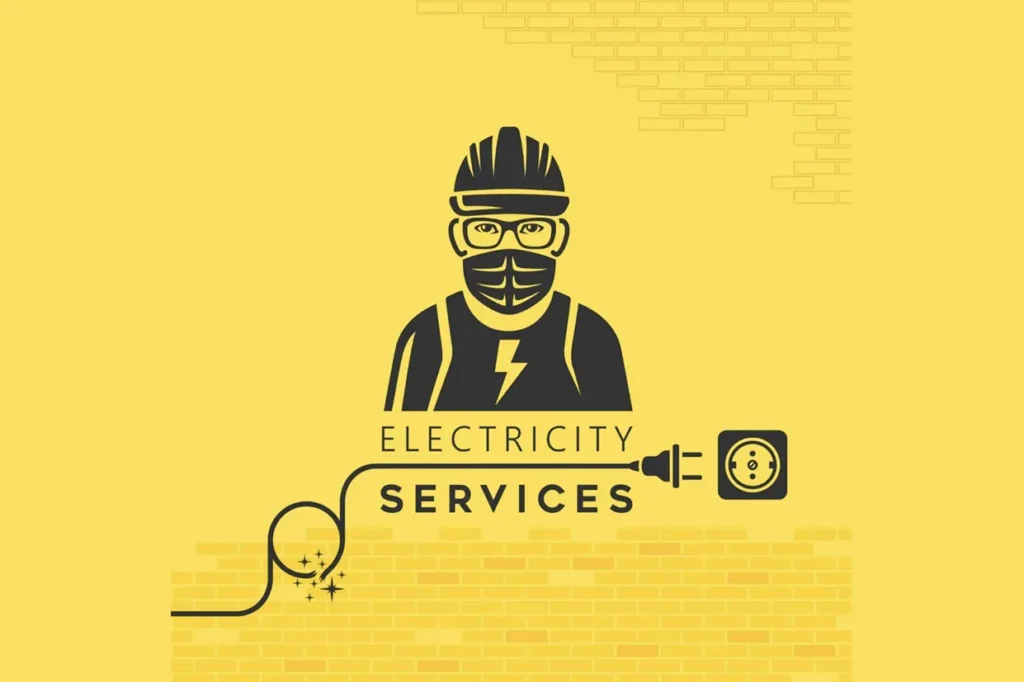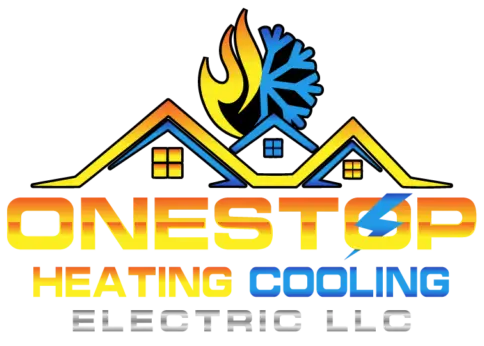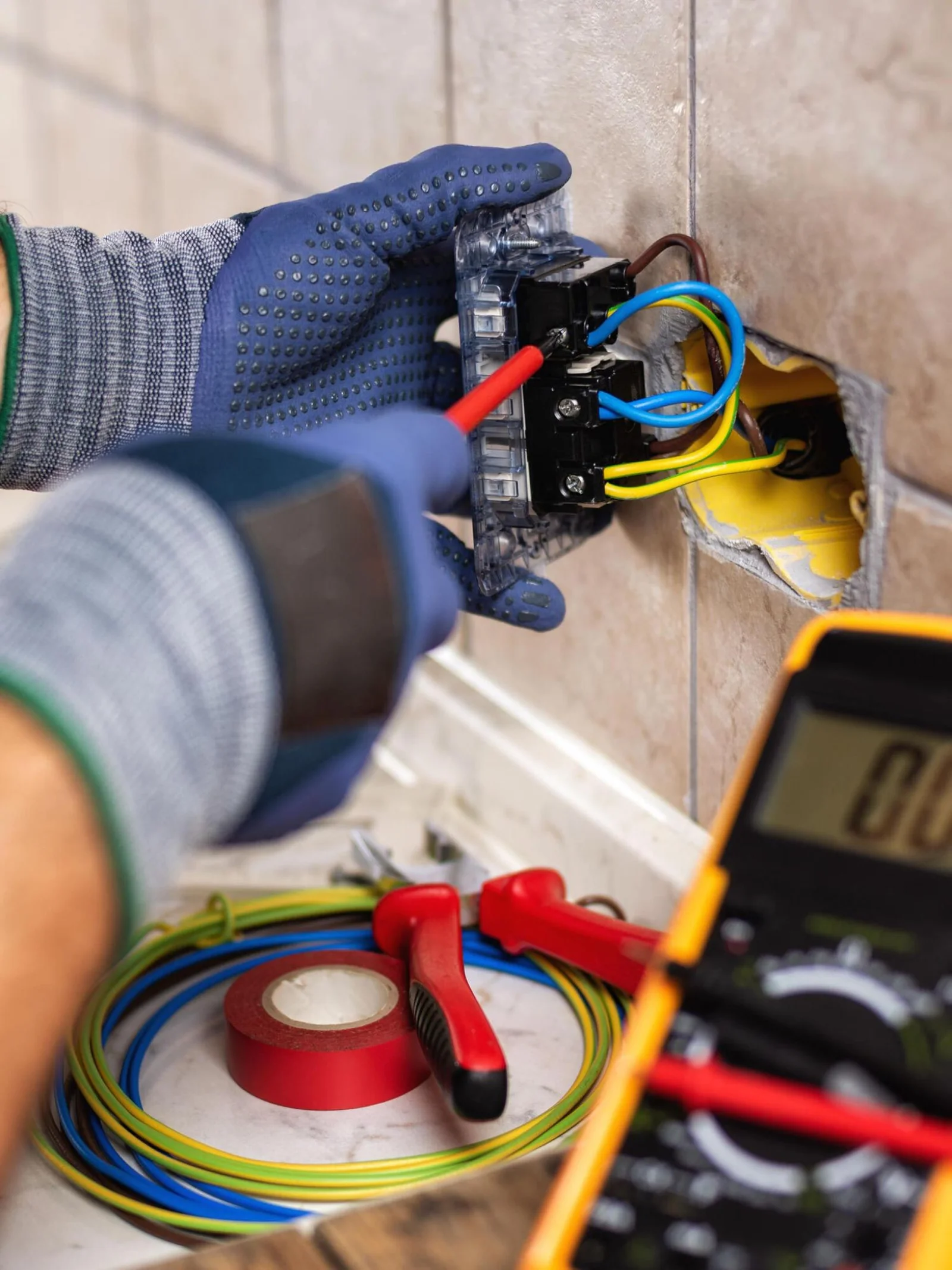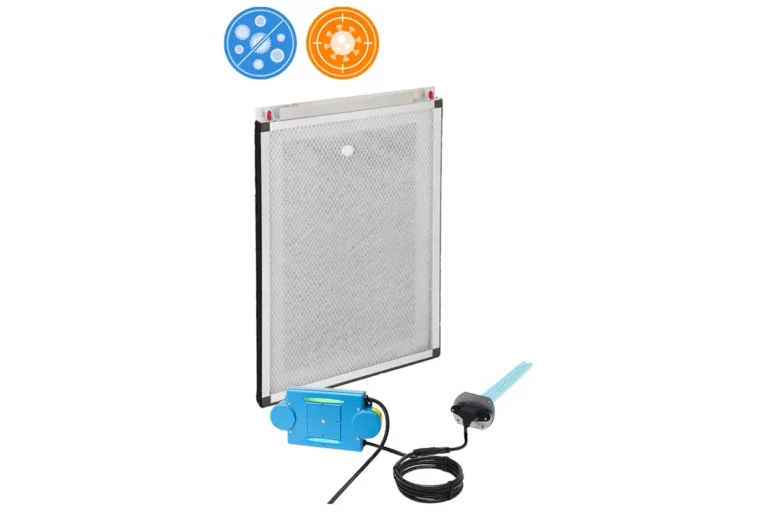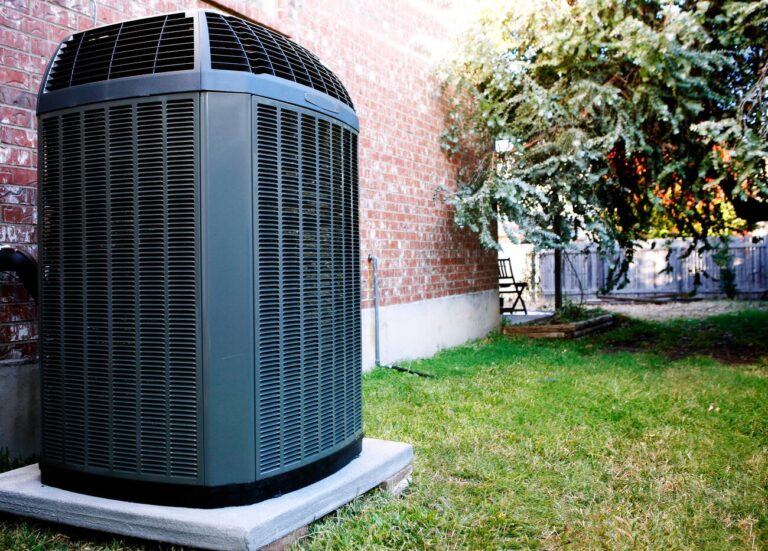The Power of Prevention: Why Electrical Maintenance is Key for Your Home
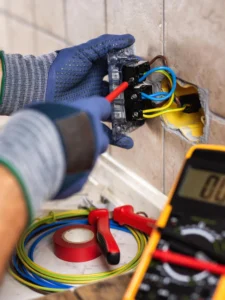
- **Safety First**: Electrical maintenance is not just about keeping your lights on; it’s about keeping your home and loved ones safe. Faulty wiring, overloaded circuits, or outdated electrical systems can pose significant safety hazards, such as electrical fires or shocks. Regular maintenance helps identify and address potential issues before they become dangerous, protecting your home from harm.
- **Preventative Measures**: Just like you wouldn’t wait for your car to break down before getting an oil change, you shouldn’t wait for your electrical system to fail before seeking maintenance. By scheduling regular inspections and tune-ups, you can catch minor problems early on and prevent them from escalating into major issues that could be costly to repair.
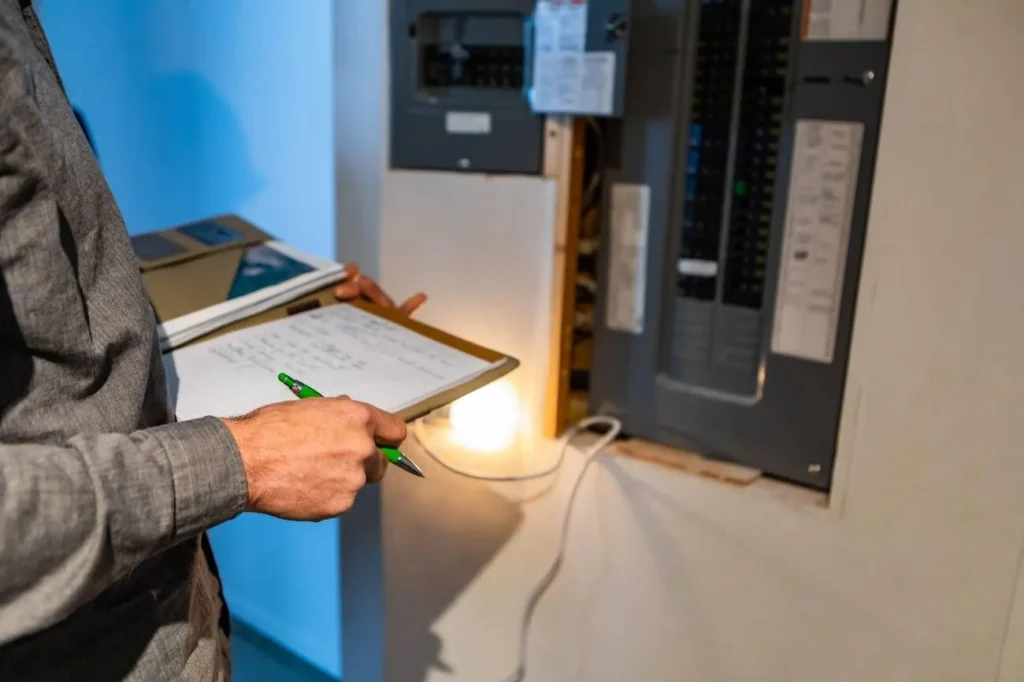
- **Energy Efficiency**: A well-maintained electrical system operates more efficiently, which can lead to lower energy bills. Over time, dust buildup, loose connections, and other issues can cause your system to work harder than necessary, wasting energy and driving up your utility costs. By keeping your electrical system in top shape, you can optimize its performance and save money in the long run.
- **Extend Equipment Lifespan**: Just like any other mechanical system, your electrical components have a lifespan. By investing in regular maintenance, you can help extend the lifespan of your electrical equipment, such as circuit breakers, outlets, and wiring. This can save you money on premature replacements and ensure that your system continues to operate smoothly for years to come.
- **Compliance and Peace of Mind**: Regular electrical maintenance can also help ensure that your home meets safety codes and regulations. This is especially important if you’re planning to sell your home or rent it out in the future. By staying up to date with maintenance tasks, you can have peace of mind knowing that your electrical system is safe, reliable, and compliant with industry standards.
At OneStop Heating Cooling Electric, we offer comprehensive electrical maintenance services to help keep your home safe and efficient. Whether you need a routine inspection, wiring upgrades, or general troubleshooting, our team of skilled technicians is here to assist you every step of the way.
Don’t wait until it’s too late—schedule your electrical maintenance service today and take the first step towards a safer, more efficient home. Remember, when it comes to your electrical system, prevention is key!
Stay tuned for more tips, insights, and updates from OneStop Heating Cooling Electric. Thank you for reading!
